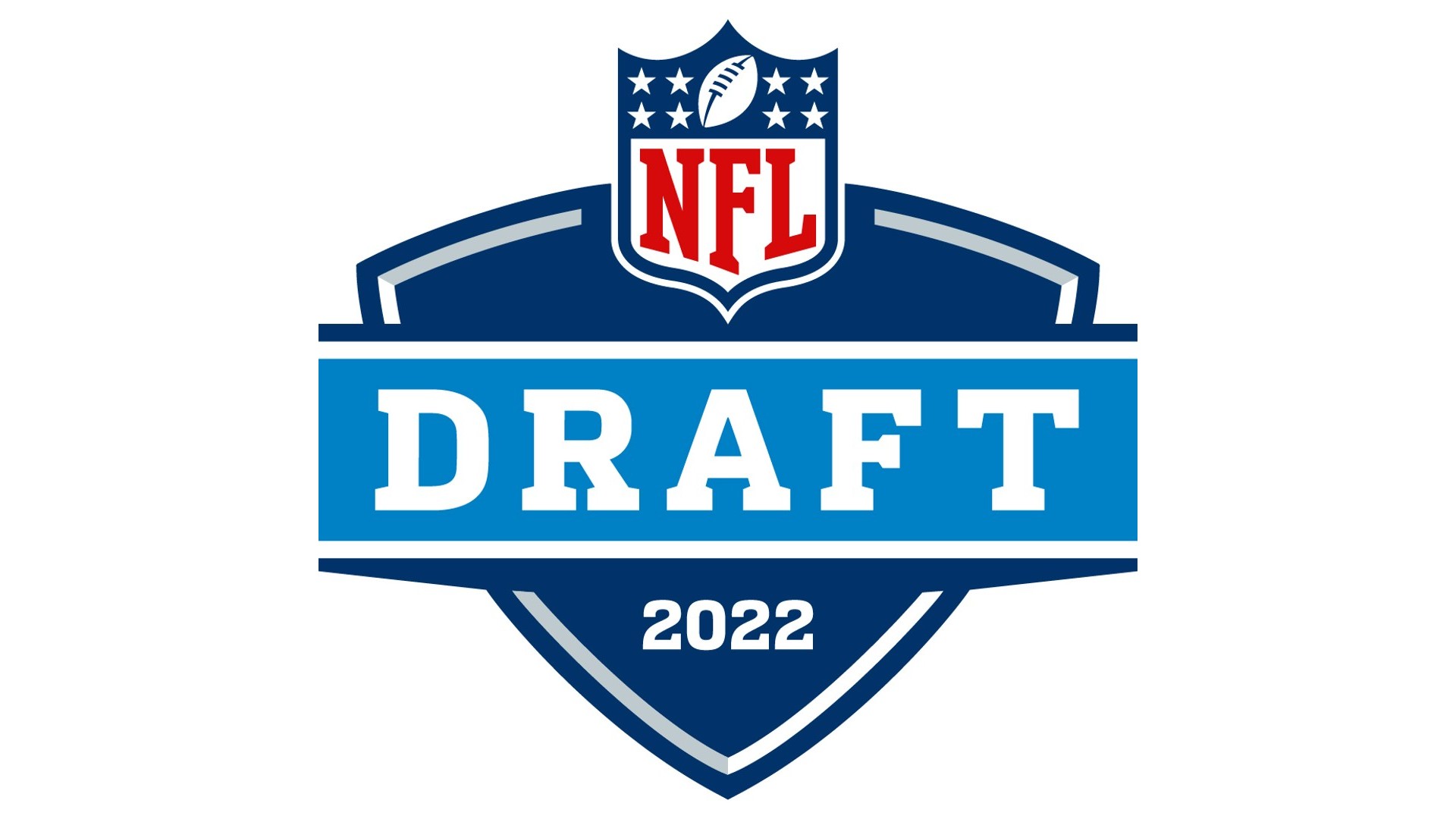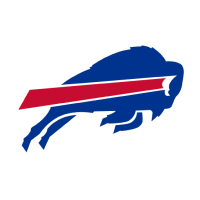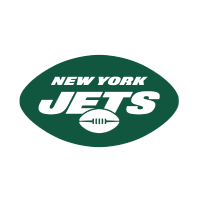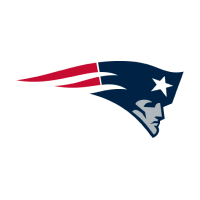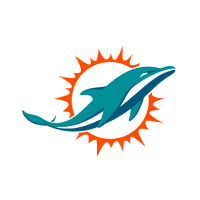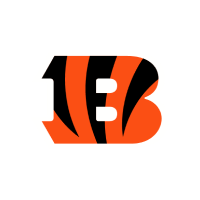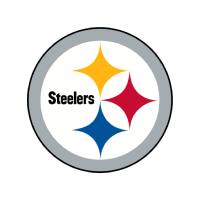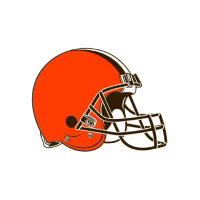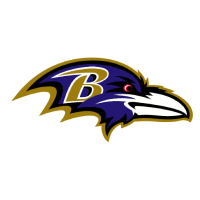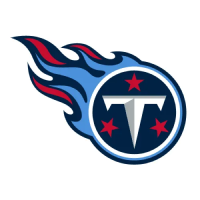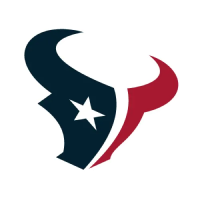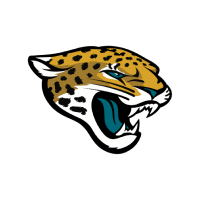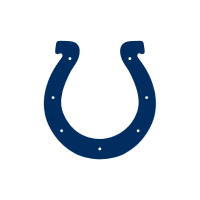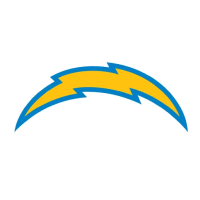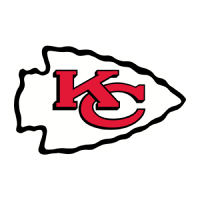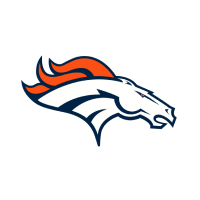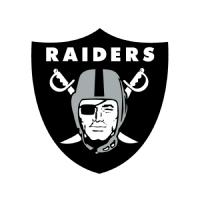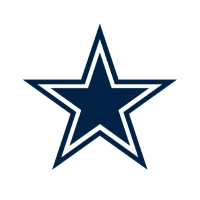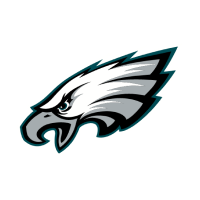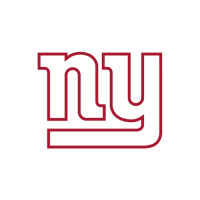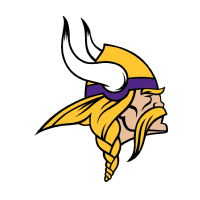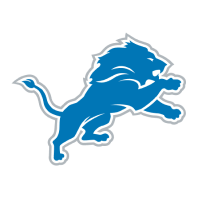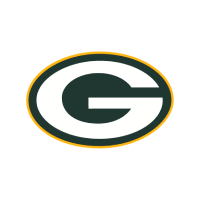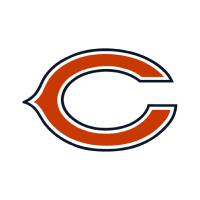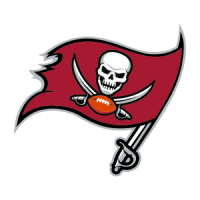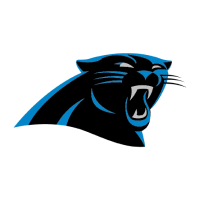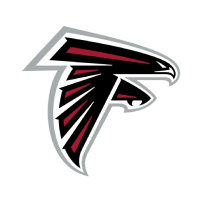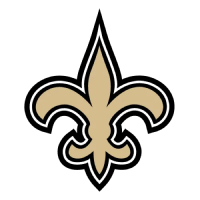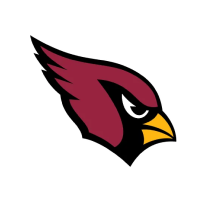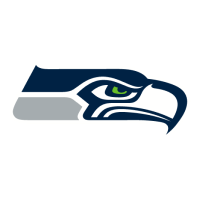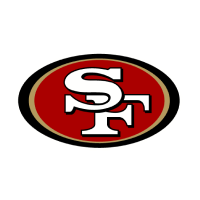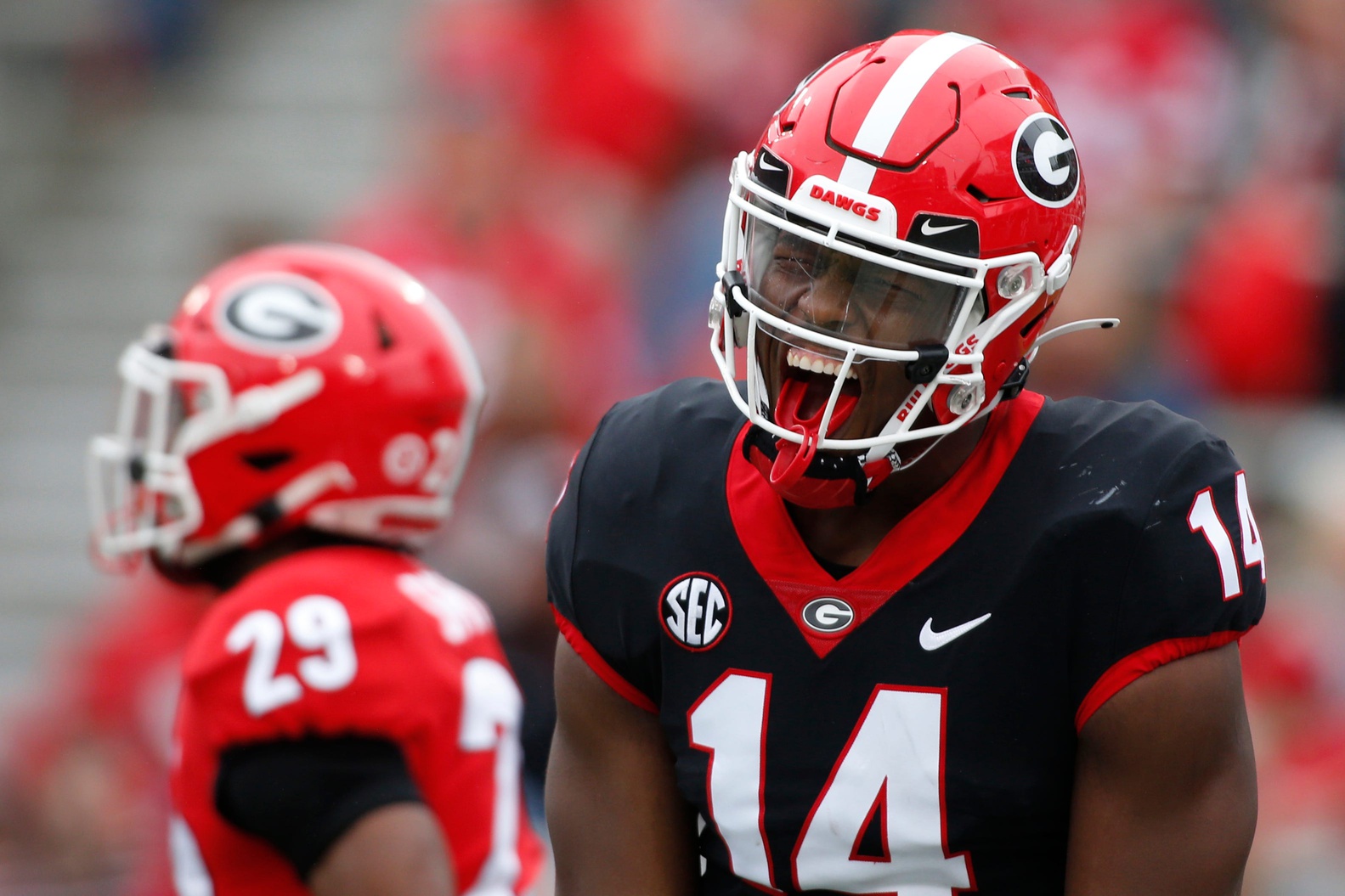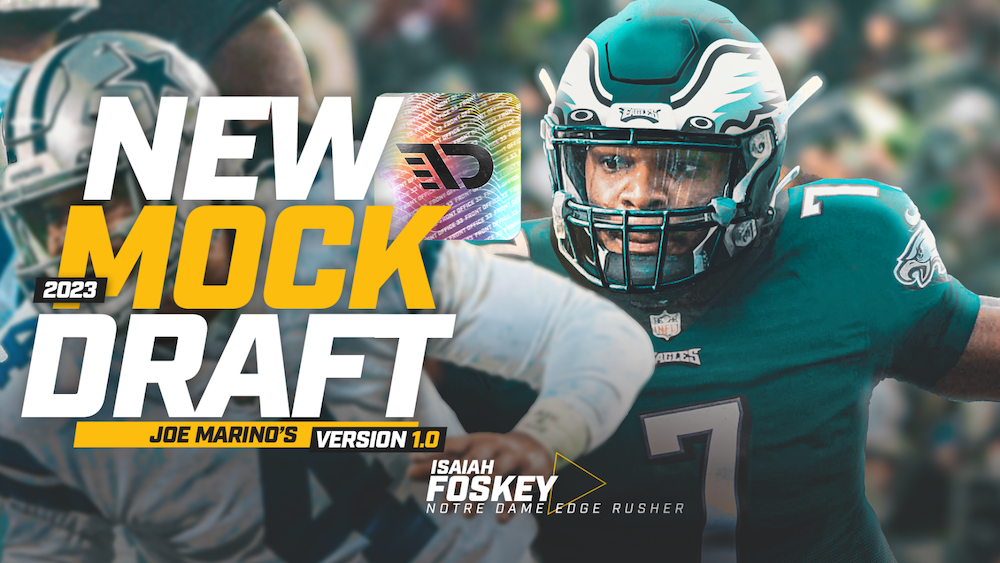Much like every year, the 2021 NFL Draft is loaded with talented cornerbacks of every size, shape, and skill set. Pound-for-pound, you may not find a better one in this year’s group than Washington’s Elijah Molden.
Call him undersized at your own risk. Molden helped carry the load for the Huskies on defense, serving as the team’s main communicator on the field while topping 150 career tackles and five interceptions. Whether he was playing cornerback or safety, Molden always made his presence felt on the gridiron. He’s a playmaker in every sense of the word.
Molden recently spoke exclusively with The Draft Network about growing up in his busy household, what changed for him during his junior season, how he unlocked the secret to making big-time plays, and why he loves to tackle.
JM: You’re the second oldest of eight children. I mean, wow. It must have been a busy household. What was life like growing up?
EM: At least one person was always crying and one person was always laughing (laughs). It was crazy indeed. It was damn near a zoo. You know what I mean? I loved every minute of it, though. I wouldn’t trade it for anything.
We’re all pretty close in age. My oldest sibling is 24 years old and my youngest sibling is seven years old. From top to bottom, we’re all about two-to-three years apart. We’re all very close. We all live within a couple of minutes from one another. My older brother and younger brother live together and they’re within five minutes of our house in Portland.
JM: That’s crazy. I love it. A lot of people feel like you’re one of the best cornerbacks in this draft class. Why should they continue to feel this way?
EM: I think my tape speaks for itself. I can play multiple positions. I have a great feel for the game. I feel like I just started playing the game. I just started figuring out how to play football within the past year and a half. That’s how I feel sometimes.
JM: It’s interesting you say that because you’re such an experienced player. From 2017 to 2020, you played a lot of snaps for Washington. How do you look back on your time in college?
EM: I learned a lot, especially early on. I got there with the goal to start as a freshman. We were pretty deep at that position. During those two years, I just soaked up knowledge and information from my coaches and the players that were ahead of me on the depth chart.
I started to come into my role as a starter in my junior year. Toward the end of that year, I realized I had to flip a switch.
JM: And flip a switch you did. You talked a lot about figuring out how to play the game at a higher level. Which traits of yours do you think have improved the most over time?
EM: Honestly? All of them. Tackling is a big one. I’ve become a way better open-field tackler, either from the post or as a hook player. I can come downhill and make those tough tackles.
I’ve gotten a lot better in man coverage. My zone coverage has gotten a lot better too. I’ve gotten pretty comfortable with pattern recognition and pulling the trigger on that.
It’s one of those things where you look at your weaknesses every year and figure out how to get better. You evaluate yourself and you work on it. That’s how you do things. It’s not that difficult.
JM: Your improvements have been evident on tape. How have you been preparing for this process, both mentally and physically?
EM: That’s a great question. I’m out here in Irvine, California right now working at Procode with my trainers Les Spellman and Scot Prohaska. I’m getting my body where it needs to be for my Pro Day on March 30. We’re working on my football IQ with Will Blackmon. He played in the league for such a long time. He’s helping me out.
I’ve done a lot of the stuff that we’re doing right now in years prior. It’s all about football now. There’s no school. I can fully jump in and dedicate myself to this. It’s been a really fun time for me.
JM: That’s so wonderful. You talked about figuring things out on the field. You had 17 pass deflections in 2019. What is it about your game that allows you to be around the ball so often?
EM: I would point to my ability to recognize things pre-snap. I get a great read on the offense pre-snap. I always have a good feel for where they want to go with the ball. From there, it’s just about trusting in yourself and your technique to go make a play. You have to rely on your instincts.
I‘ll watch tape on myself during my junior year and I cringe. Early on, I wasn’t sure of what I was doing. I was going out there and making plays but I didn’t have that secret formula yet. I had to come up with that. I started picking things up much later in my senior year.
JM: I love your honesty. You would never guess that based on your excellent performances. What did you guys run on defense in 2020 and what did your coaches ask of you?
EM: We didn’t change it up. We ran a 4-2-5. It’s a match-three defense. A lot of the responsibility falls on the nickel in that defense. That was the case even before I got there.
For me, I was jumping back and forth from nickel to safety. That was an awesome challenge for me. I was never classified as playing just one position. We had a lot of help from our front seven. We had some really good players rushing the quarterback.
JM: And they’re all going to the league with you.
EM: Well, those guys opted out. They didn’t help us at all (laughs). Our players that stayed back did a great job.
JM: That’s hilarious. It’s funny that you talked about the responsibility falling at the feet of the nickel in that Washington defense. I interviewed your teammate Keith Taylor Jr. a few weeks ago and he told me the same thing. He said that you were the on-field play-caller for the defense. He talked about your excellent communication skills. When did you inherit that responsibility and how did you handle it?
EM: First of all, I loved playing with KT [Keith Taylor Jr]. That’s something that I’m gonna really miss at the next level. I hope we can play on the same NFL team someday (laughs).
I paid close attention to how the guys ahead of me operated in the same position. Before I was calling plays for us as our nickel, I watched the ones that came before me. It’s not a position you can blindly walk into. You have to own it. That’s the only way to lead a defense. You have to communicate with everybody on the field. You can’t mumble underneath your breath, that’s for sure. It was a lot of responsibility.
JM: I can feel the bond between yourself and Keith Taylor Jr. You’re down there in Irvine, California with him right now, right? He’s also working with Will Blackmon.
EM: Yeah, I’m training with him like twice a week. Not much has changed (laughs). We have a few other UW [Washington] guys here as well. We’re all training together. It’s pretty awesome.
JM: Your instincts and ability to bait quarterbacks into throws that you already have a beat on is excellent. That’s what I see when I put your tape on. How did you develop that?
EM: First of all, thank you for saying that. You know your stuff. It’s all about confidence really. The more film you watch, the more comfortable you get with your position. The more you work at your craft, the more confident you become. In that situation, I’m not really thinking about anything during the play. I’m just reacting. If you can get to a point where the game slows down for you and you’re quick enough to react to what’s going on around you, that’s a beautiful place to be. That’s when you’re always around the ball. That’s when you start to make plays.
JM: I love that. You thrived in both man and zone coverage. Washington mixed it up and I thought you looked equally as comfortable in both coverages. Do you prefer one over the other? How important is it to have that versatility?
EM: That’s a great question. I don’t really prefer one over the other. There were times on the backend on third down where we would ask our coaches to man us up. We were pretty confident all across the board in man coverage. We knew the type of talent we had at defensive back.
In terms of being versatile and being able to mix up your coverages, I think it’s really important. If you can do that, you better your chances to get on the field. If you can play every position on the backend, and you’re comfortable with more than one style of coverage, you’re going to stay on the field.
JM: And you’re an excellent tackler, too. I can see that you love to get involved in the run game. It shows on tape. A lot of cornerbacks have a reputation nowadays that they don’t like contact. I don’t see any of that with you. Why do you love to tackle?
EM: It’s part of the game. I can’t shy away from it. It’s weird because I’m evaluated as a cornerback or a safety, as one or the other, but I honestly don’t see myself that way. I don’t see myself as only a corner or as only a safety.
I see myself as a chess piece for the defense. Tackling is part of the game. I look forward to it. I welcome it. At the end of the day, making a tackle in the open field is one of the hardest things you can do as a football player. If you can do that, you can do everything else.
JM: Everything we’ve touched on, you do all of this despite people trying to label you as “undersized.” I’m sure you’ve heard it before. You’re gonna read it a lot throughout this process. How do you typically respond?
EM: I mean, the best defensive player in the league [Aaron Donald] is undersized. I think it’s one of those things that makes you look good but doesn’t mean a whole lot. Size makes you look good but it doesn’t mean you can play. It doesn’t produce anything at the end of the day.
If you put the tape on, like you clearly have, you’ll see that I’m holding my own and making plays. If you put the tape on and see a guy playing at a higher level than everyone else on the field, size shouldn’t matter.
Obviously, it’s nice to have. Sure, I wish I was 6-foot-1, but I’m not (laughs). I think if you just watch the tape, you won’t have any concerns with my game.
JM: We’re on the same page. You’re a student of the game. How do you approach smaller, shiftier receivers differently than you do a bigger, more physical one?
EM: I think it just depends on the receiver. For the most part, the rule is to get your hands on them early and limit what they can do. You wanna switch up your technique throughout the game. You can’t get predictable. You can’t telegraph what you’re gonna do.
JM: Who are some of the best receivers you’ve ever had to cover?
EM: Amon-Ra St. Brown from USC is a very good receiver. He comes to mind. Stanford has had some great tight ends over the years. I had to match up with those guys. They’re always tough.
JM: If you could pick the brain of any NFL defensive back, who would it be and why?
EM: Tyrann Mathieu. I’ve been watching his tape for a long time. I’ve watched every game he’s played over the past couple of years. I really just want to know how he moves the way he does. I’d love to know how he prepares for a game. I wonder which players he modeled his game after and things of that nature.
JM: That’s a great choice. Have you begun meeting with NFL teams virtually?
EM: Yeah, that process has already started for me. My next few weeks are pretty busy. I’m set to meet with basically every team via phone call or zoom.
JM: There’s a lot of interest in you. I’ve really appreciated your time today, Elijah. This has been terrific. In closing, why should a team use an early draft pick on Elijah Molden?
EM: Thank you for your time. I’ve had a lot of fun with you today. Elijah Molden is a guy that can come in and produce right away. I feel like I’m just getting started. If you like the things that I’ve already put on tape in college, I’m only going to get better. You’ll like me even more going forward.
Imagine what I’ll be doing in three years.
Filed In
Related Articles
NFL Draft
Arik Gilbert Doesn’t Need Big Workload To Be A Top NFL Draft Pick
- Aug 22, 2022
NFL Draft
2023 NFL Mock Draft: Marino 1.0
- Aug 22, 2022
Written By
